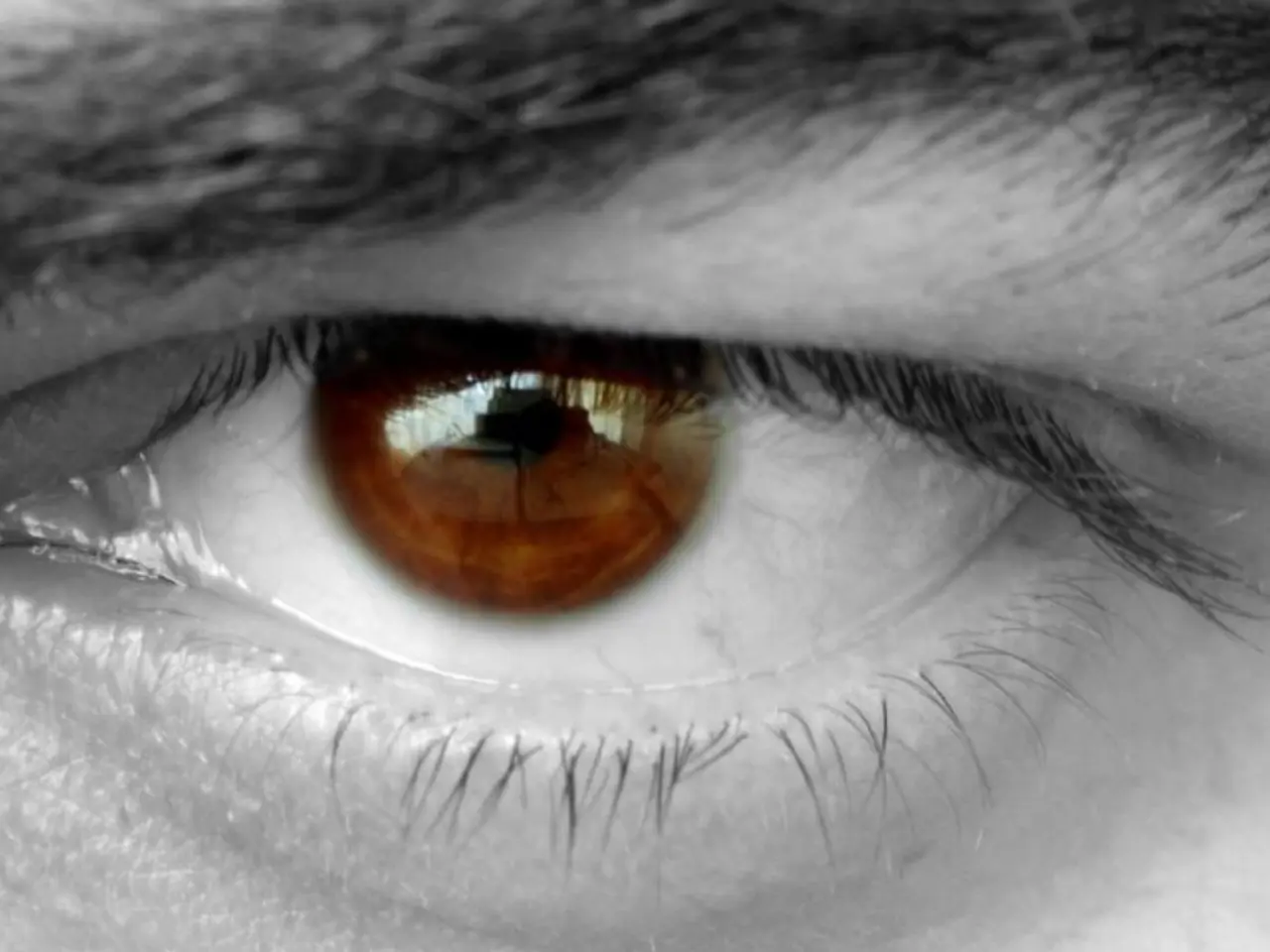Research, insights, and strategies on vitamins for dry eye conditions, along with their verified sources and associated treatments.
In various parts of the world, preschool children may not receive enough vitamin A, a vital nutrient that plays a crucial role in maintaining eye health. Food deprivation is often the primary cause of vitamin A deficiency, which predominantly affects communities living in poverty.
Vitamin A deficiency has been linked to dry eye syndrome, a condition characterised by insufficient tear production or rapid tear evaporation. While research is ongoing, some studies suggest that vitamins A and D might offer relief for dry eyes, though the evidence remains limited.
Dry eye syndrome can have severe consequences for eye health and visual function. Persistent dryness can lead to damage and scarring of the cornea, reducing visual clarity, increasing the risk of infections, and causing persistent discomfort that can affect daily activities. In rare but severe cases, untreated dry eye can result in vision loss, especially in conditions like Sjögren’s syndrome.
Early detection and treatment are crucial to prevent these long-term effects and maintain eye health. Treatment typically focuses on stabilising the tear film, reducing inflammation, and protecting the ocular surface.
Over-the-counter eye drops are often effective in managing dry eye symptoms. In some cases, doctors may prescribe drugs to reduce inflammation, antibiotics, prescription eye drops, corticosteroids, dissolving eye inserts, drugs to stimulate tear production, or blood serum drops.
Research is being conducted to explore the possibilities of using dietary measures or vitamin supplements, such as omega-3 fatty acids and vitamin D, to treat dry eye. Early research suggests that vitamin D could have an association with dry eyes, and some studies indicate that vitamin D supplements might help alleviate dry eye symptoms.
However, it is essential to discuss the risks and benefits of any supplementation with a doctor, as excessive vitamin A intake can trigger side effects involving the stomach and nerves, such as stomach and head pain, nausea, and irritability.
Home remedies for dry eye include using artificial tears, gels, and ointments, wearing close-fitting glasses or sunglasses, protecting the eyes from wind, hot air, smoke, and dust, using a humidifier, allowing the eyes to rest, maintaining eye hygiene, using warm compresses on the eyes, and allowing the eyes to rest during and after performing tasks that require using the eyes for long periods.
Alternative medicine approaches, such as castor oil eye drops and acupuncture, may also provide relief, but it is best to discuss the risks and benefits with a doctor before using them. The American Academy of Ophthalmology (AAO) suggests that omega-3 fatty acids may be beneficial in the treatment of dry eye.
In conclusion, dry eye syndrome can have significant impacts on eye health and daily life. Early detection, appropriate treatment, and a balanced diet can help manage the condition effectively and maintain good eye health.
- The link between macular degeneration and health-and-wellness is not as prevalent as the association between dry eye syndrome and nutrition.
- Science is currently examining the potential benefits of dry eyes treatment through supplements such as omega-3 fatty acids, vitamin D, and even nutrition like vitamin A.
- Persons suffering from dry eyes may find relief in various medical-conditions including dry eyes syndrome, which might be mitigated by the right combination of supplements and eye-health practices.
- Neglecting mental-health and proper nutrition could lead to eye-health issues like dry eyes, macular degeneration, or even more severe medical-conditions.
- While dry eye treatments like over-the-counter eye drops, prescription drugs, and even home remedies are available, it is crucial to consult a doctor before choosing any supplements to ensure eye health and avoid side effects.




